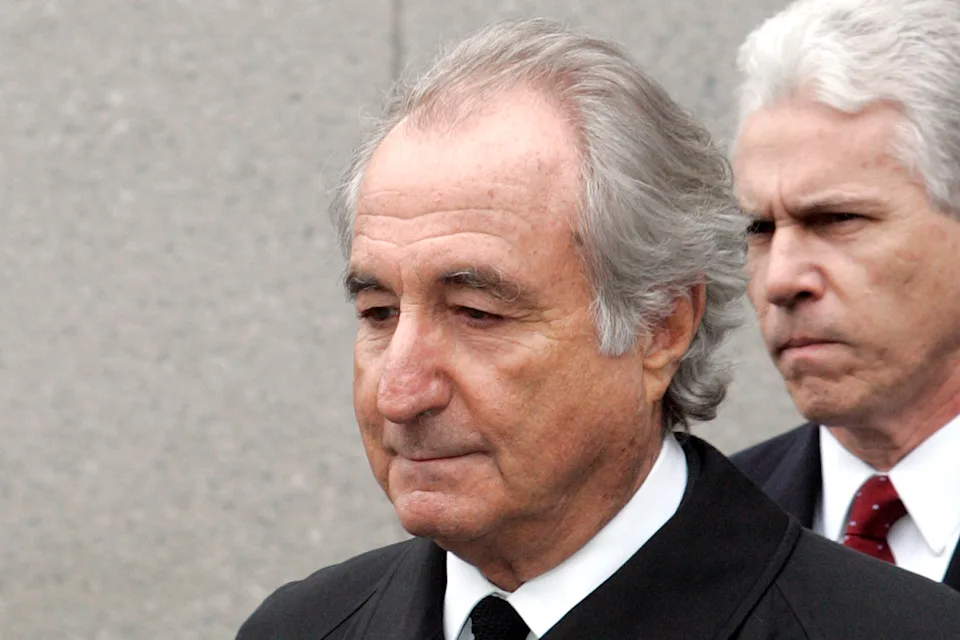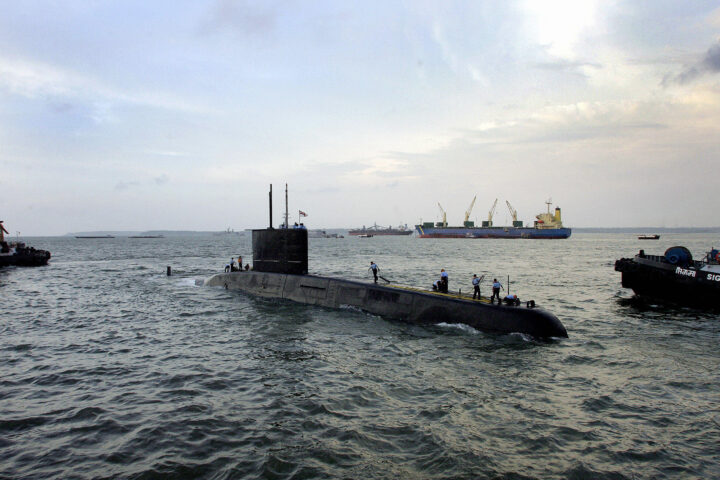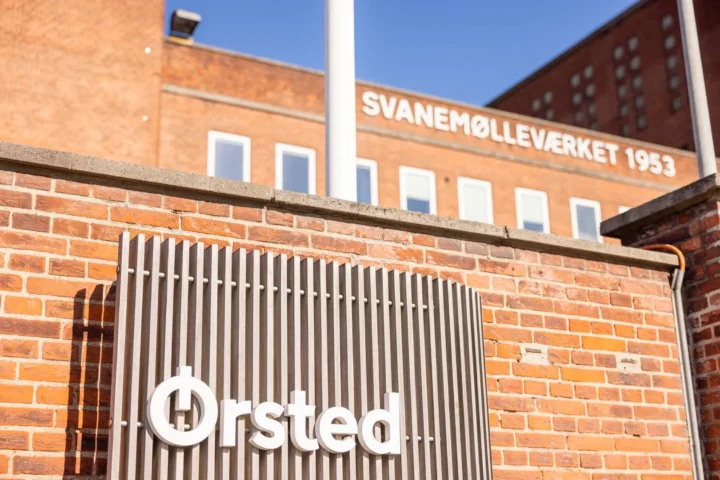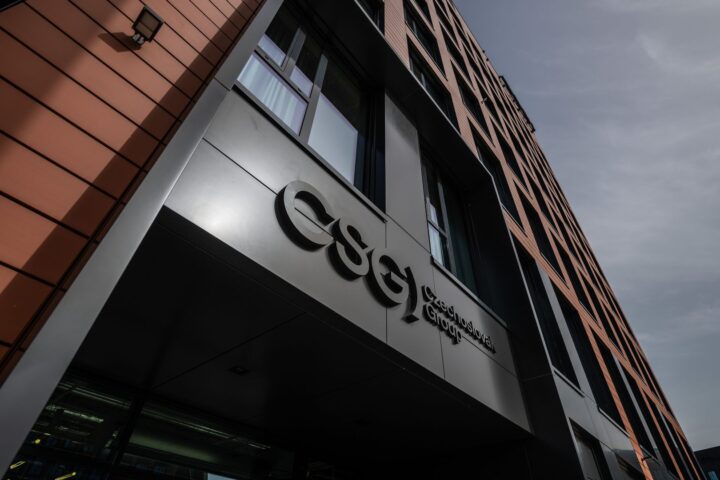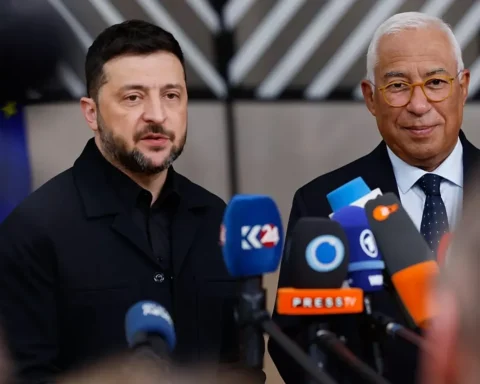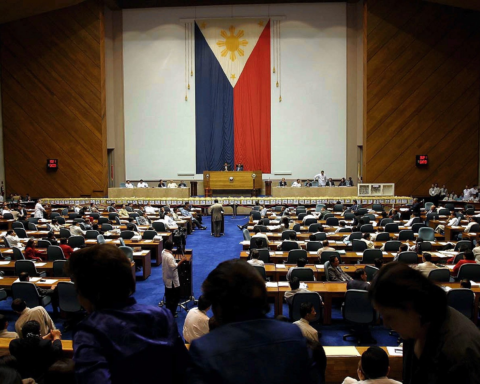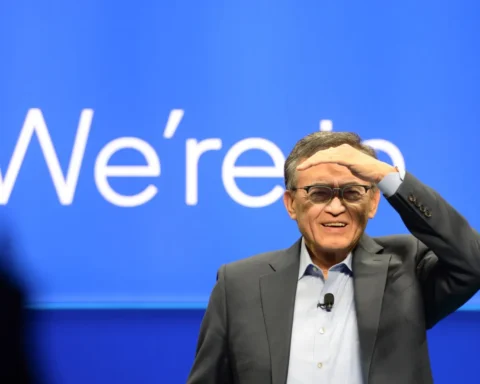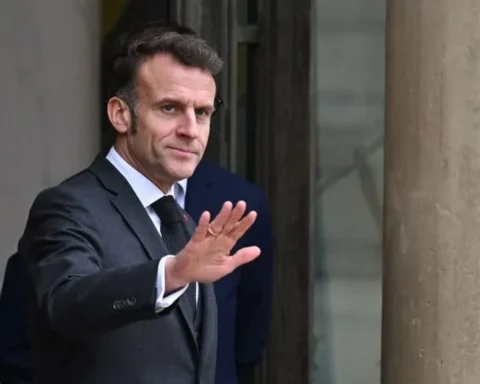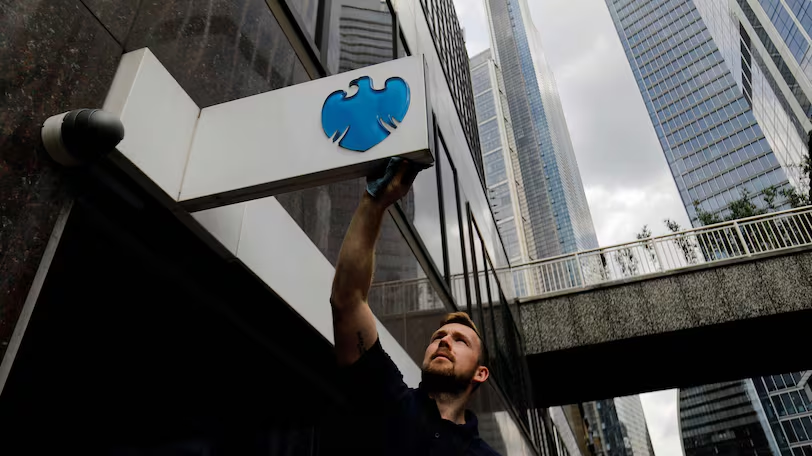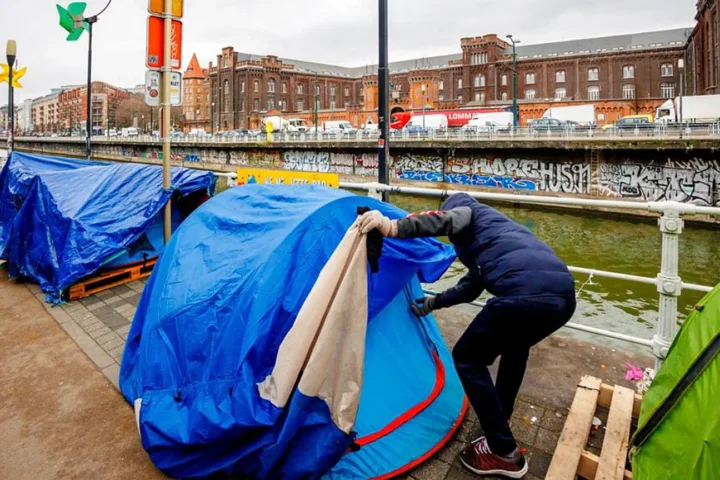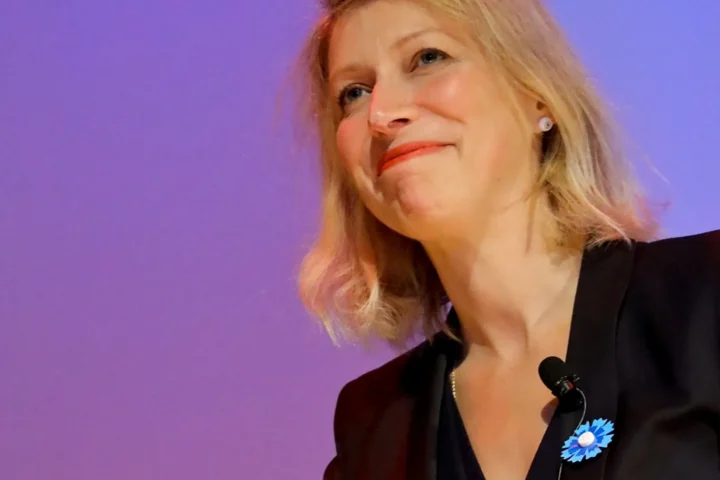More than fifteen years after Bernie Madoff’s infamous Ponzi scheme was exposed, the aftershocks are still rattling Wall Street and the global banking system. This week, HSBC Holdings Plc revealed it will take a $1.1 billion charge to settle long-running litigation tied to the Madoff fraud—the largest financial crime in history.
The British banking giant disclosed that the charge stems from settlements with the court-appointed trustee overseeing recovery for Madoff’s defrauded investors. The development not only reignites scrutiny of major global banks’ role in the scandal but also raises questions about institutional accountability in the financial sector.
A Historic Case Still Haunting Global Finance
Bernie Madoff orchestrated a $65 billion Ponzi scheme, uncovered in 2008, that devastated individuals, hedge funds, charities, and institutional investors worldwide. While Madoff died in 2021 in a U.S. federal prison, litigation tied to his fraudulent operations has continued for years.
HSBC isn’t accused of participating in or knowingly aiding the fraud. Instead, plaintiffs argue that the bank ignored red flags while handling billions in client funds linked to Madoff feeder funds—particularly those run by Fairfield Greenwich Group, one of Madoff’s largest investment partners.
The trustee, Irving Picard, has spent over a decade recovering lost assets for victims, clawing back more than $14 billionto date. The HSBC settlement marks one of the final major claims in his pursuit, signaling a legal wind down of the Madoff saga.
Settlement Marks End to Major Litigation for HSBC
The bank issued a brief statement acknowledging the charge but noted it has been “fully provisioned” for the settlement, meaning it should not materially impact its capital position or dividend plans.
“We are pleased to have resolved this legacy matter,” HSBC stated, without admitting liability.
The $1.1 billion settlement is one of the largest Madoff-related payouts by a financial institution. Other institutions have paid massive sums in related litigation:
| Bank / Firm | Settlement Amount |
|---|---|
| JPMorgan Chase | $2.6 billion |
| HSBC | $1.1 billion |
| UBS | $780 million |
| Bank Medici | $150 million |
| BNP Paribas | $80 million |
Although HSBC maintained it did not knowingly support fraud, the case again highlights ongoing risk from legacy misconduct that continues to burden large banks.
How Did HSBC Get Pulled In?
HSBC served as a custodian and service bank for several hedge funds and investment entities that funneled money to Madoff. Legal filings alleged HSBC failed to perform sufficient due diligence and profited from fees despite growing industry rumors about Madoff’s suspicious returns.
Key allegations included:
- Ignoring internal compliance alerts about Madoff’s opaque trading
- Continuing to process related transactions despite “unusual trading patterns”
- Relying too heavily on third-party assurances rather than independent reviews
The bank has consistently denied wrongdoing, maintaining that it acted in good faith.
Investor Protection Still in Question
The HSBC settlement comes at a time when markets are increasingly uneasy about transparency, especially with new asset classes like crypto and private credit rising. Regulators argue the Madoff scandal is a cautionary tale of regulatory blind spots and bank complacency.
“If a fraud on the scale of Madoff could go undetected for decades, investors should worry about the next systemic failure,” said a former SEC official.
Financial analysts warn that complex asset structures—especially those held off-balance sheet or through third-party intermediaries—remain vulnerable to abuse without strict oversight.
Impact on HSBC’s Strategy
Despite the settlement expense, HSBC has indicated it will continue with strategic restructuring, including cost-cutting, a greater focus on Asian growth markets, and technology investment. The bank is already under pressure from activist shareholders led by Ping An Insurance, who previously called for a breakup of HSBC’s Asia and Western operations.
While the Madoff litigation now seems resolved, analysts say the case is a reminder that legacy legal risks still stalk multinational banks.
| HSBC Current Strategic Priorities |
|---|
| Driving profitability in Asia |
| Exiting low-growth Western markets |
| Digital banking expansion |
| Boosting shareholder returns |
| Managing legal and compliance costs |
How Much Damage Did Madoff Really Do?
The Madoff affair remains a defining failure of financial oversight. More than 40,000 investors in 125 countries were victimized. Pension funds collapsed. Life savings were wiped out. Some victims never recovered emotionally or financially—court records document at least 15 suicides linked to the scandal.
Although $14 billion has been recovered, thousands of victims are still waiting for full compensation. The HSBC settlement will accelerate restitution but cannot erase the decades-long impact of the fraud.
Final Thoughts
HSBC’s $1.1 billion settlement is more than just a financial penalty—it is a stark symbol of how institutional oversight failures can carry consequences far beyond balance sheets. The settlement also underscores the legal and moral obligation of global banks to detect and prevent misconduct—especially when handling client funds.
Even now, years after Madoff’s death, the scandal continues to shape regulatory priorities worldwide. The message to financial institutions is clear: turning a blind eye is no longer defensible.
